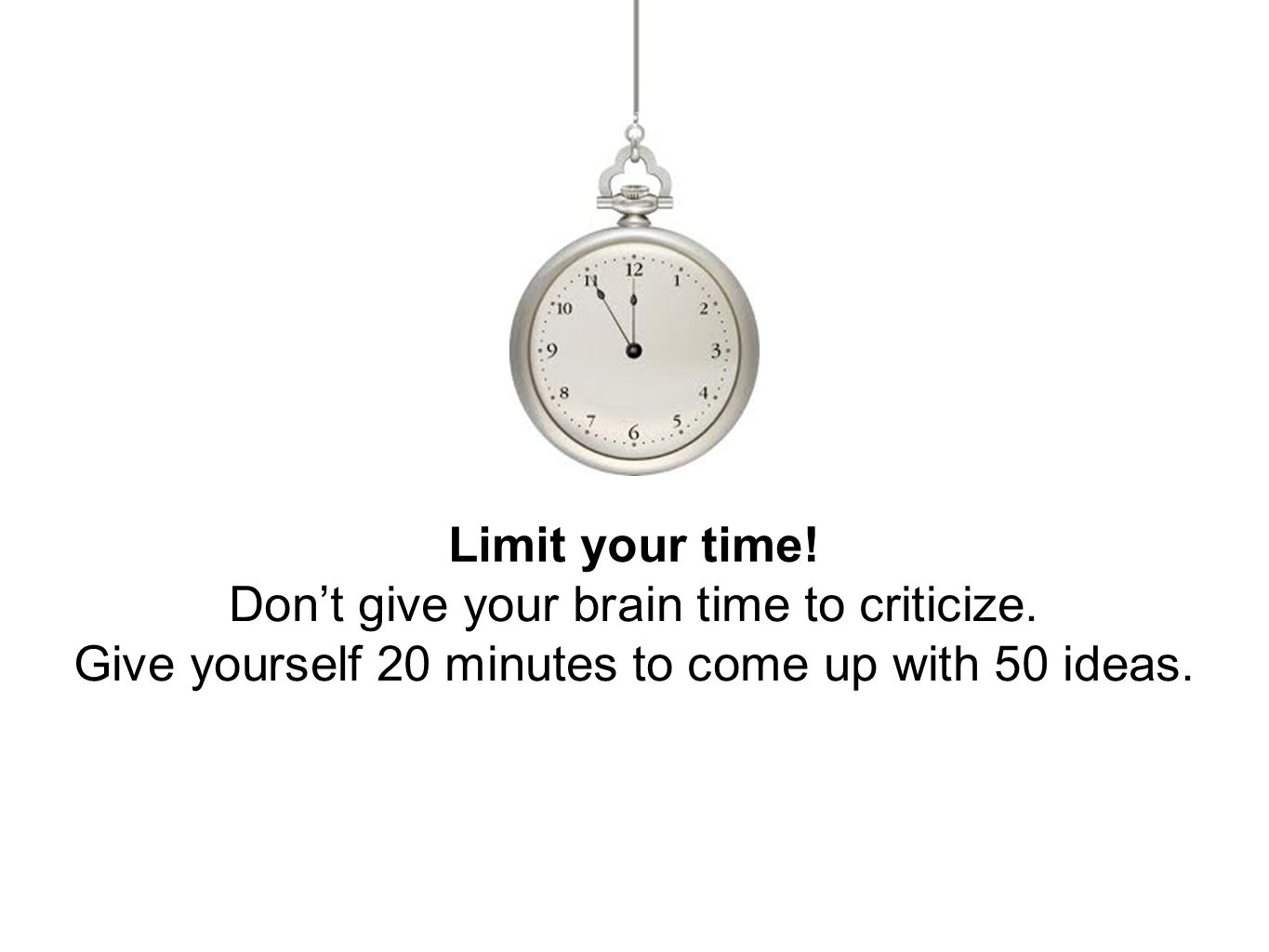The Education System in our country was based on Guru-Shishya
Parampara (tradition). Each individual who was educated in this
tradition was able to think for himself/herself. However, The British
did not want this system to continue. They only wanted followers who
blindly obeyed their diktat. They needed manpower in administration. So
they disbanded this system. The present education system is based on
recommendations of Lord Macaulay who felt it necessary to tame the
citizens into becoming unthinking followers. This system continues till
today.
The biggest problem of our current education system is that even though
students have great imagination, extensive knowledge, they have
difficulty to express themselves. They lack courage and confidence. In
complete contrast, the Guru Shishya Parampara creates a bond between the
teacher and the disciple which transcends the traditional teacher
student relationship. The Guru acts as a mentor ensuring that each of
his Shishya feels free to ask any questions which he considers duty
bound to explain.
As a mentor, the Guru considers it his duty to ensure that the future of
Shishya is well protected. The Guru ensures that Shishyas develop the
capacity to think for themselves. Further, they inculcate the necessary
skills to deal with each other and conduct themselves elegantly among
people.
Great knowledge of our scriptures can be disseminated properly by bringing back the system even though in a new modern avtar.
The biggest challenge for the Human Resource Development (HRD) Ministry
is to give proper orientation to the teachers. Besides, the number of
students in a class should be between 10 to 15 but never more than 20.
Thanks for reading.































